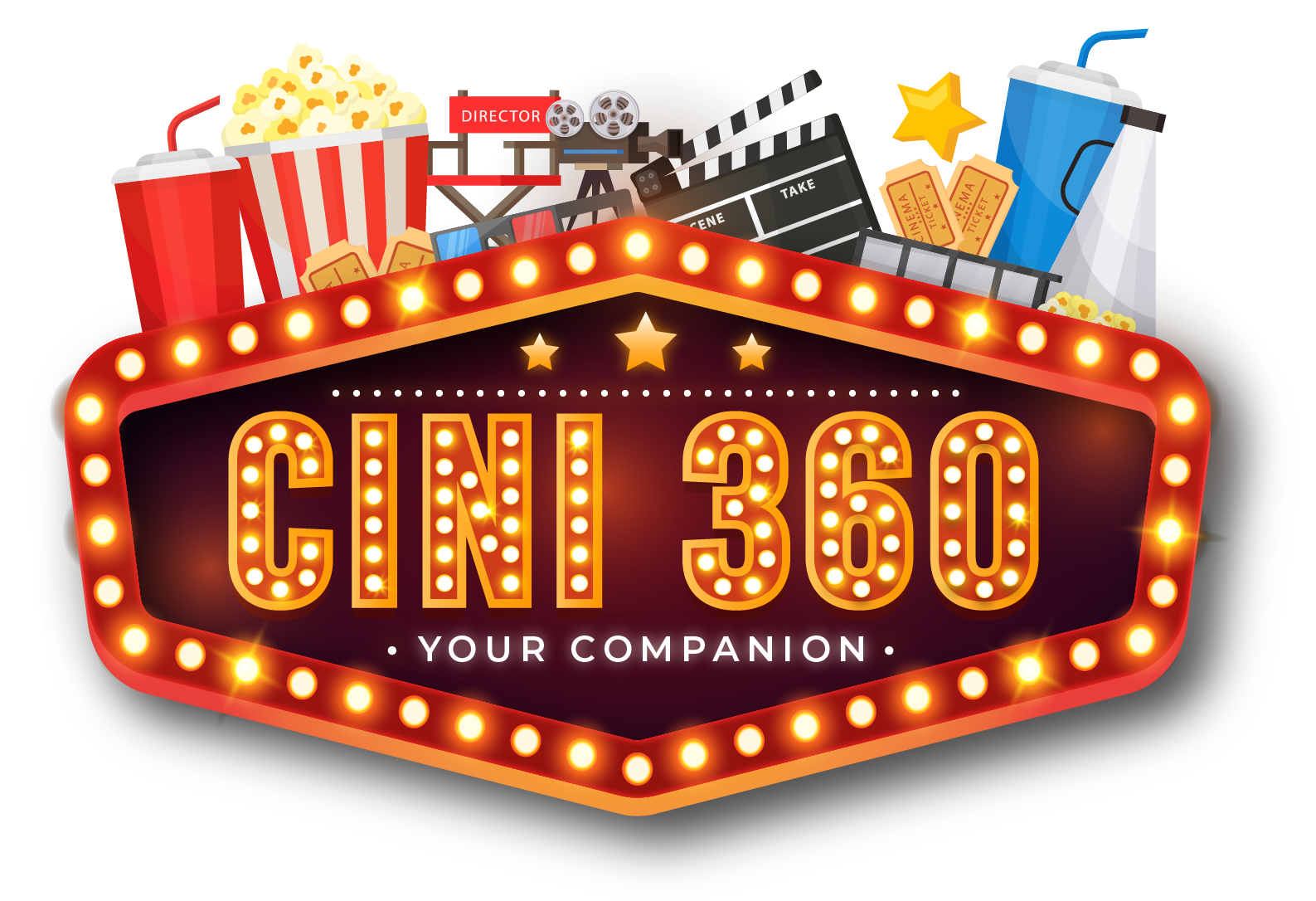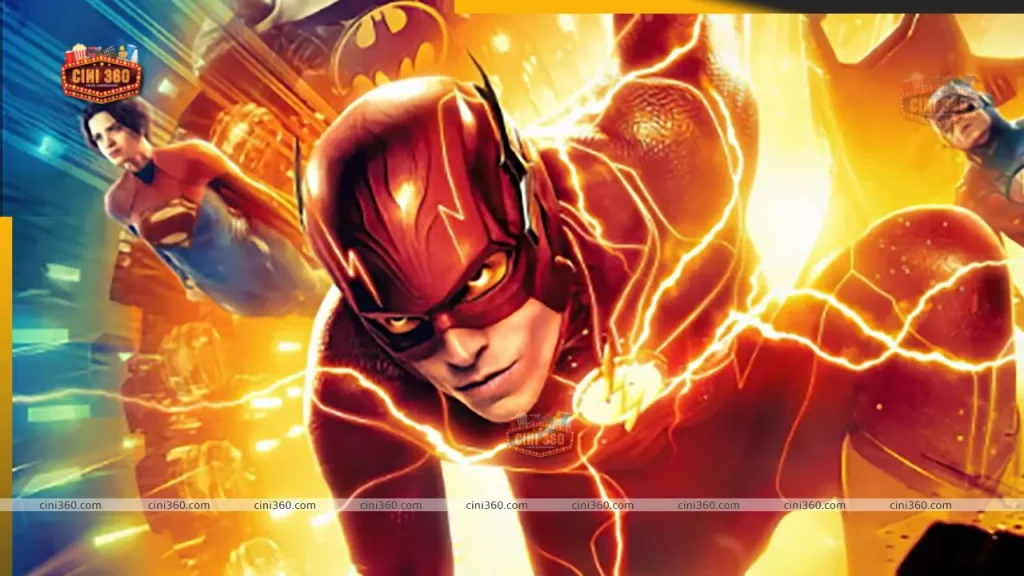DC is showing great enthusiasm for revamping its superhero universe, and one significant stride in that direction is the highly anticipated film, The Flash, as highlighted by Mayur Sanap.
When Barry Allen, also known as The Flash and portrayed by Ezra Miller, discovers his ability to travel back in time and save his deceased mother, he seeks guidance from his mentor figure, Bruce Wayne, also known as Batman and played by Ben Affleck. Bruce, fully aware of the dangerous consequences of altering the past, strongly advises Barry against pursuing this course of action.
Despite the warning, Barry’s emotions overpower his judgment, and he decides to go through with his plan. Little does he know that his actions will have far-reaching implications, not only for his own story but also for the DC Extended Universe (DCEU) that began with the promising film “Man of Steel” in 2013.
In an era where the concept of the multiverse is often used as a mere tool to facilitate superhero crossovers and cameos, “The Flash” presents a refreshing take. Here, the introduction of the multiverse serves as a natural progression for Barry’s character arc, and the narrative seamlessly integrates this plot device into the story.
By delving into the consequences of Barry’s decision to alter the timeline, “The Flash” explores the complex moral and emotional struggles that come with such power. The multiverse becomes a catalyst for self-discovery and growth, propelling the storyline forward in a compelling and meaningful manner.
In summary, “The Flash” distinguishes itself by using the concept of the multiverse as more than a mere gimmick. It embraces the potential of this narrative device to delve deeper into the character’s journey and provide a fresh perspective on the DCEU, all while delivering an engaging and organic storyline.




